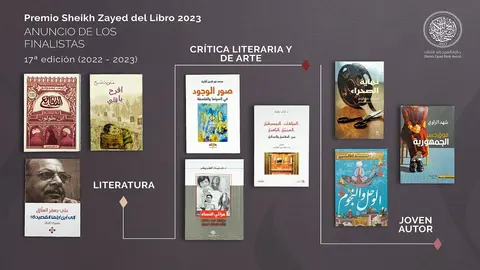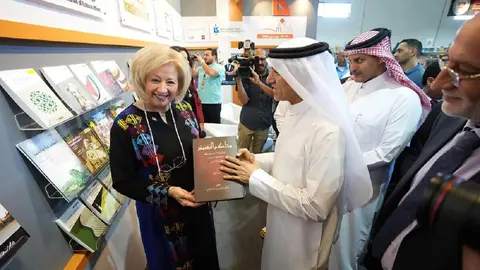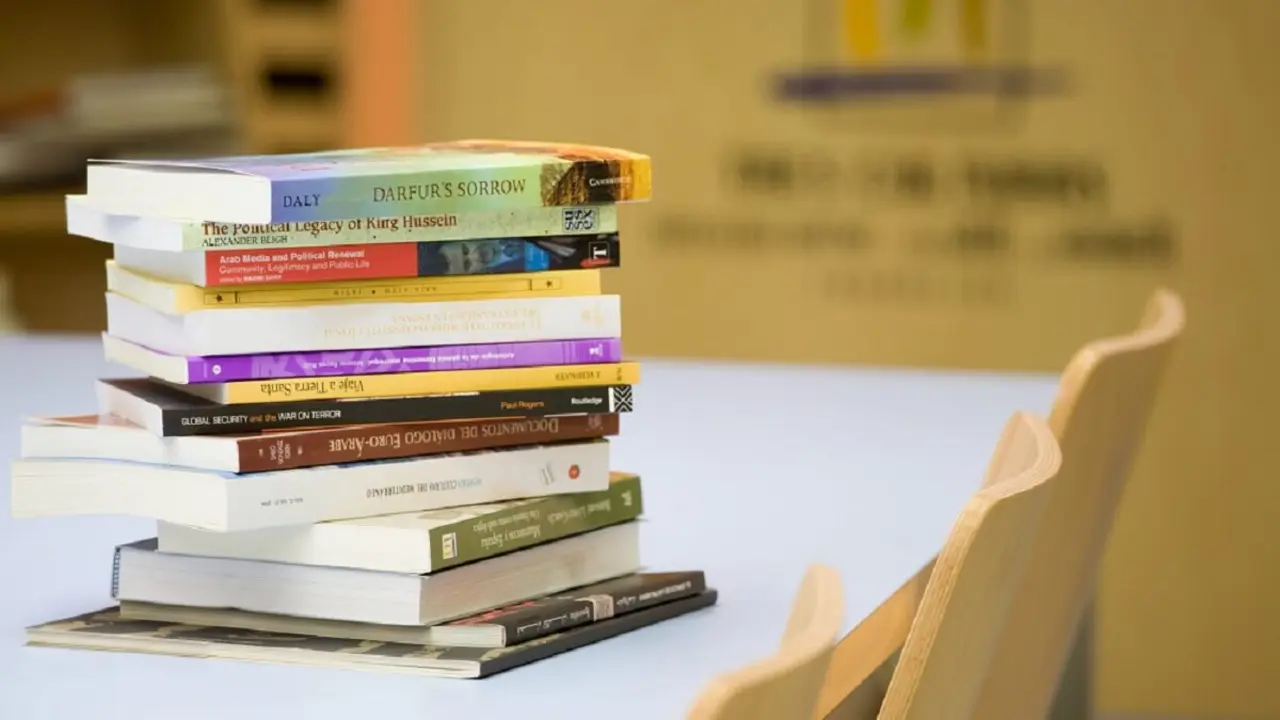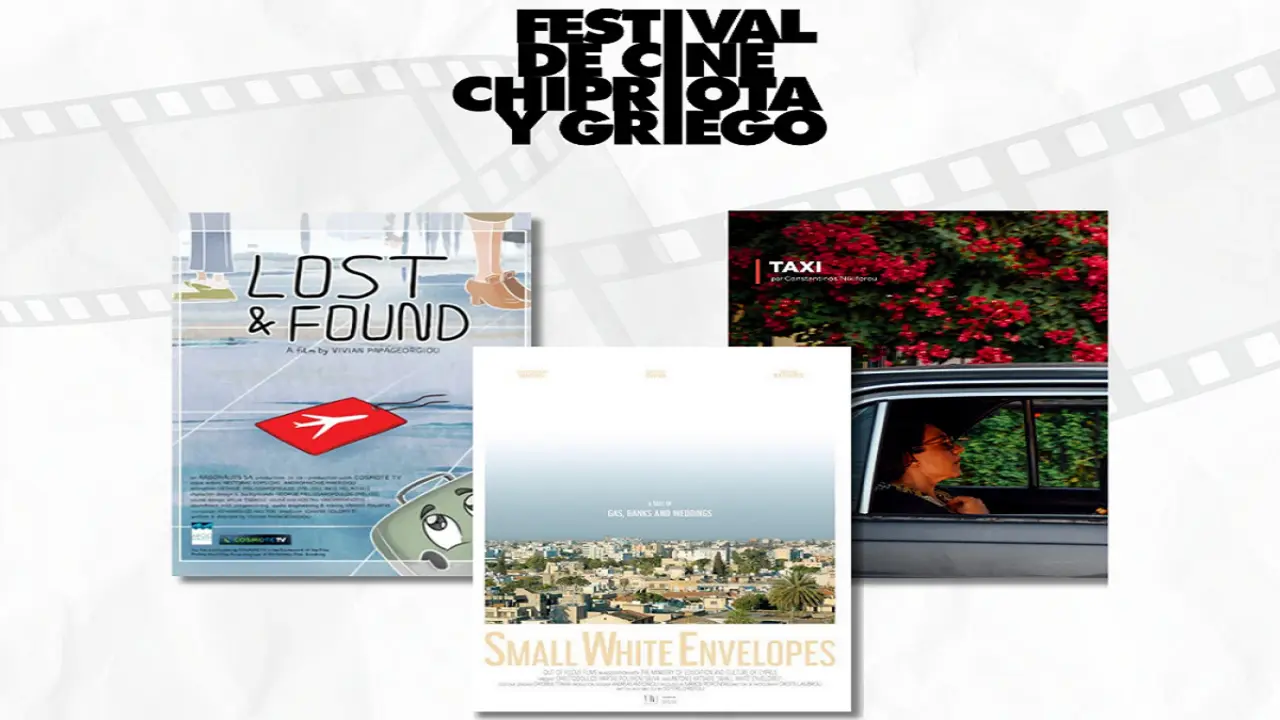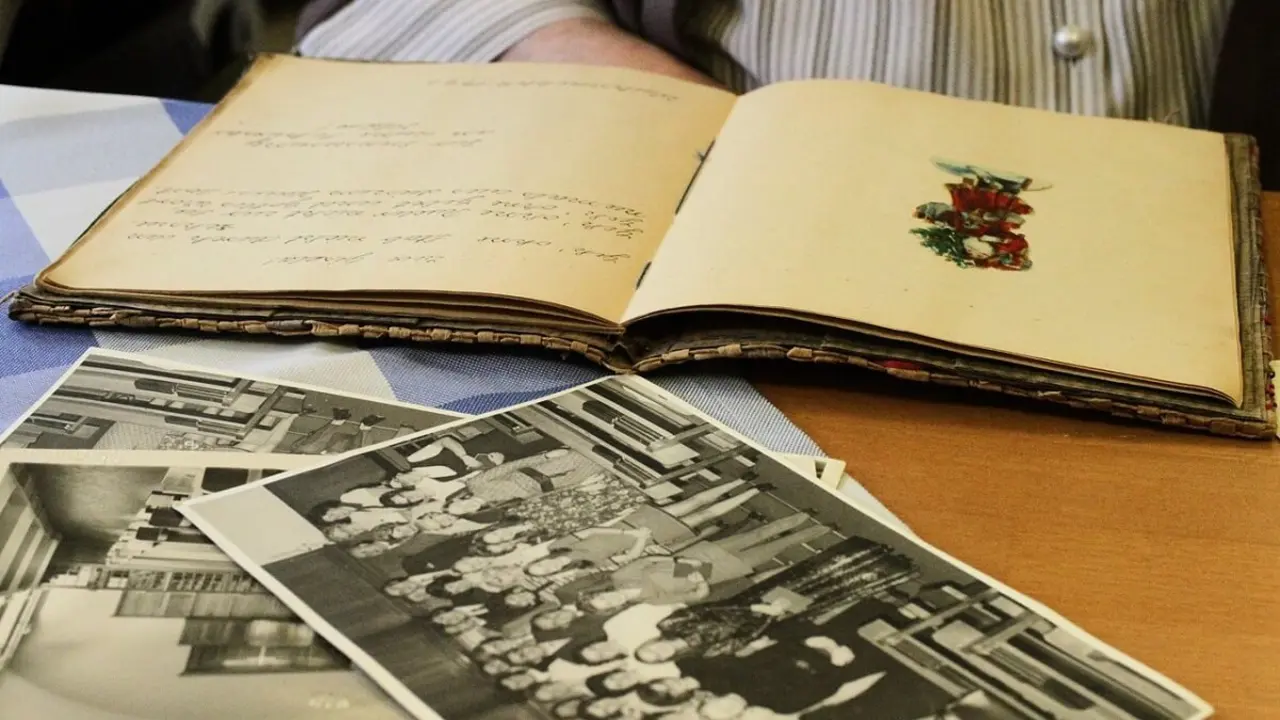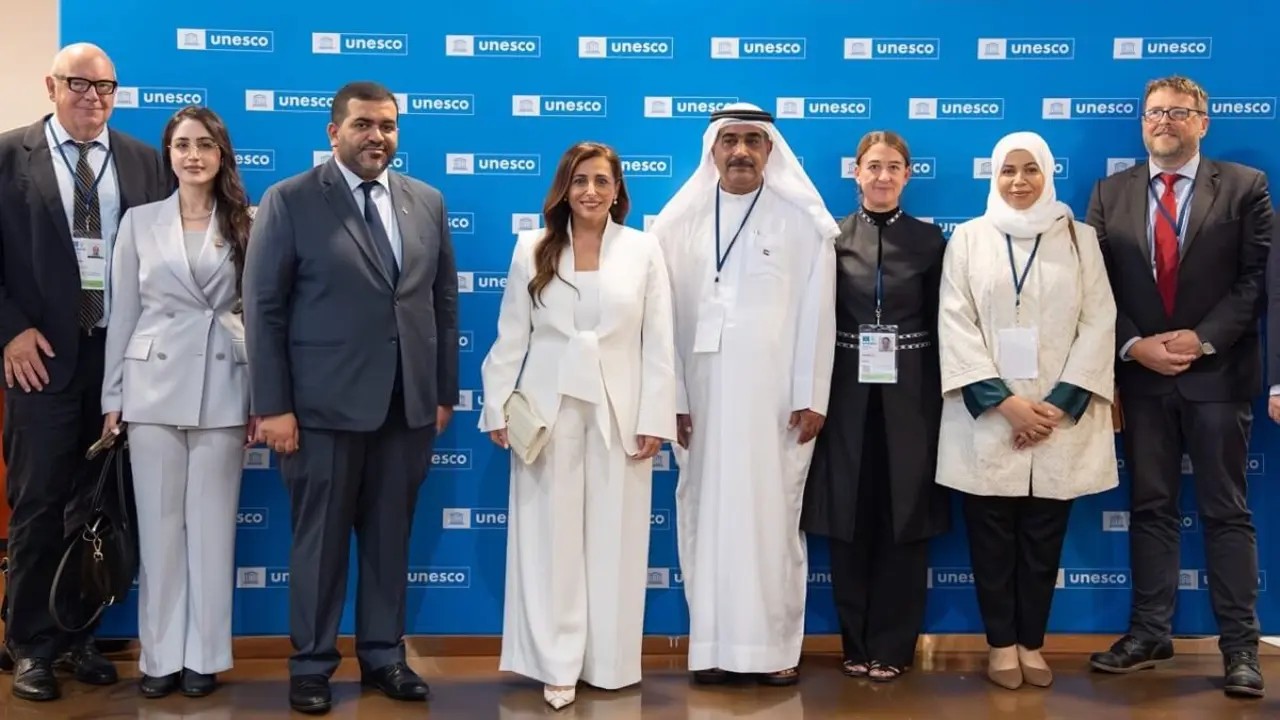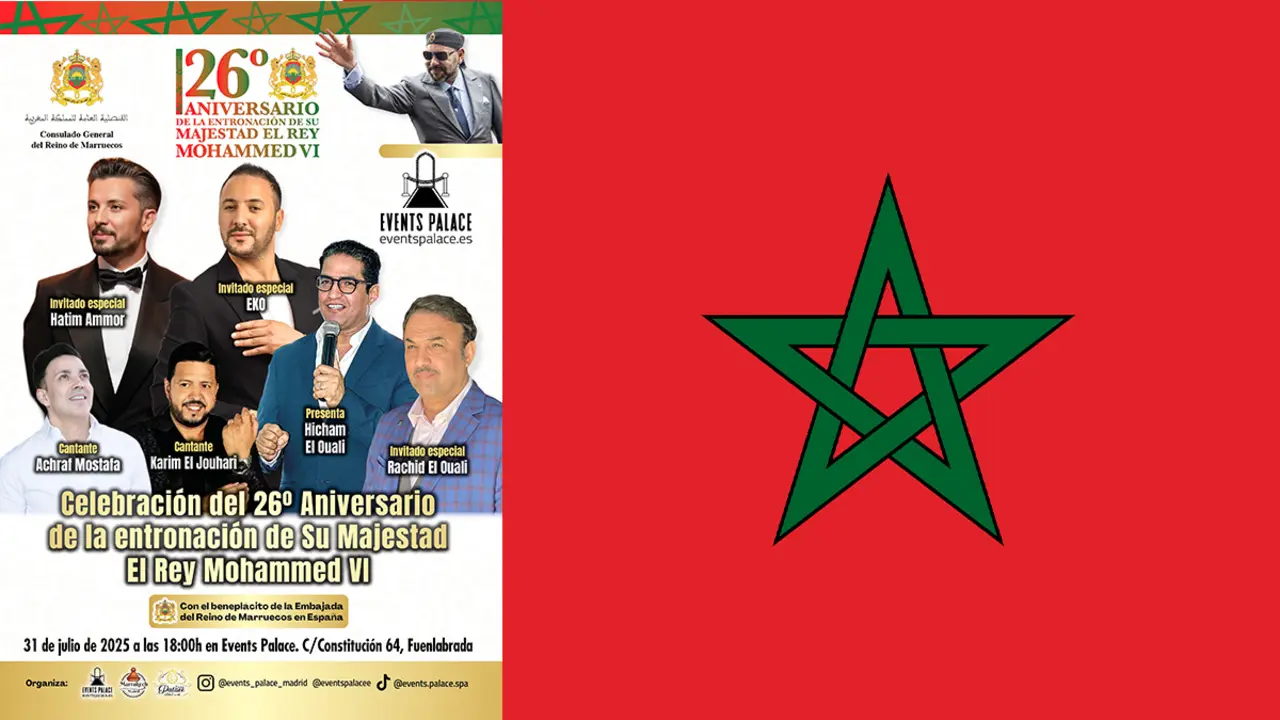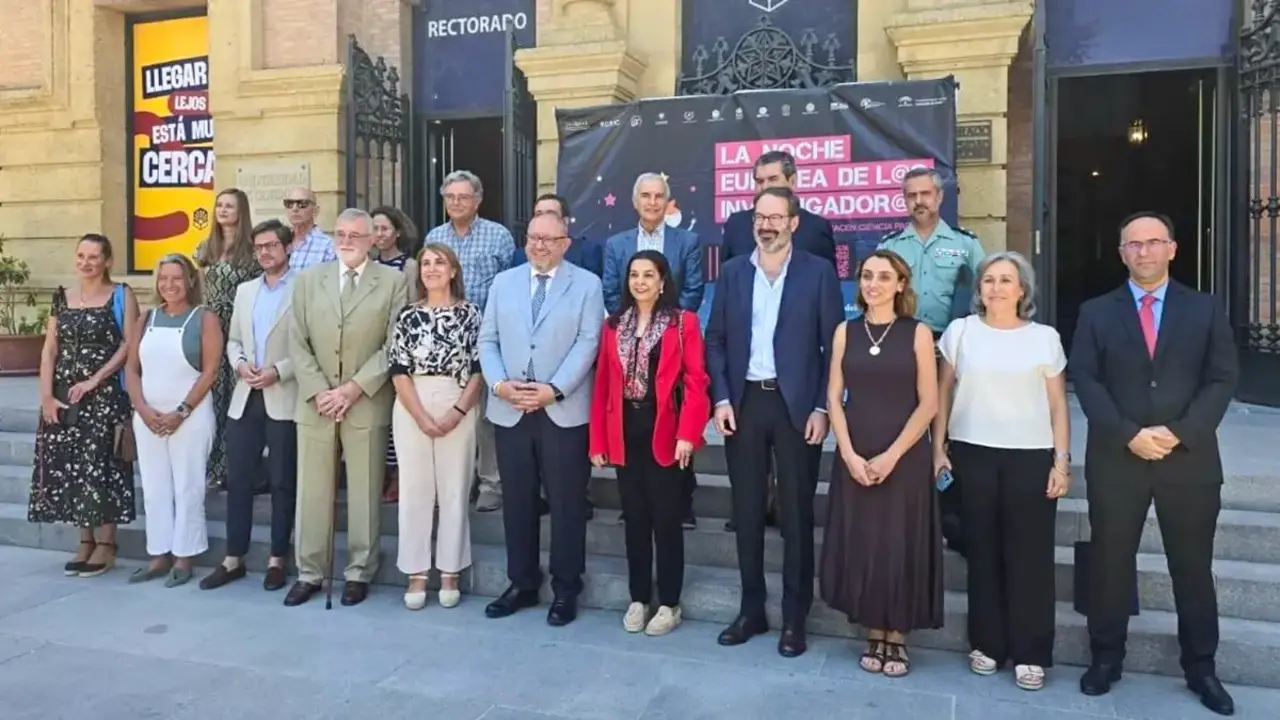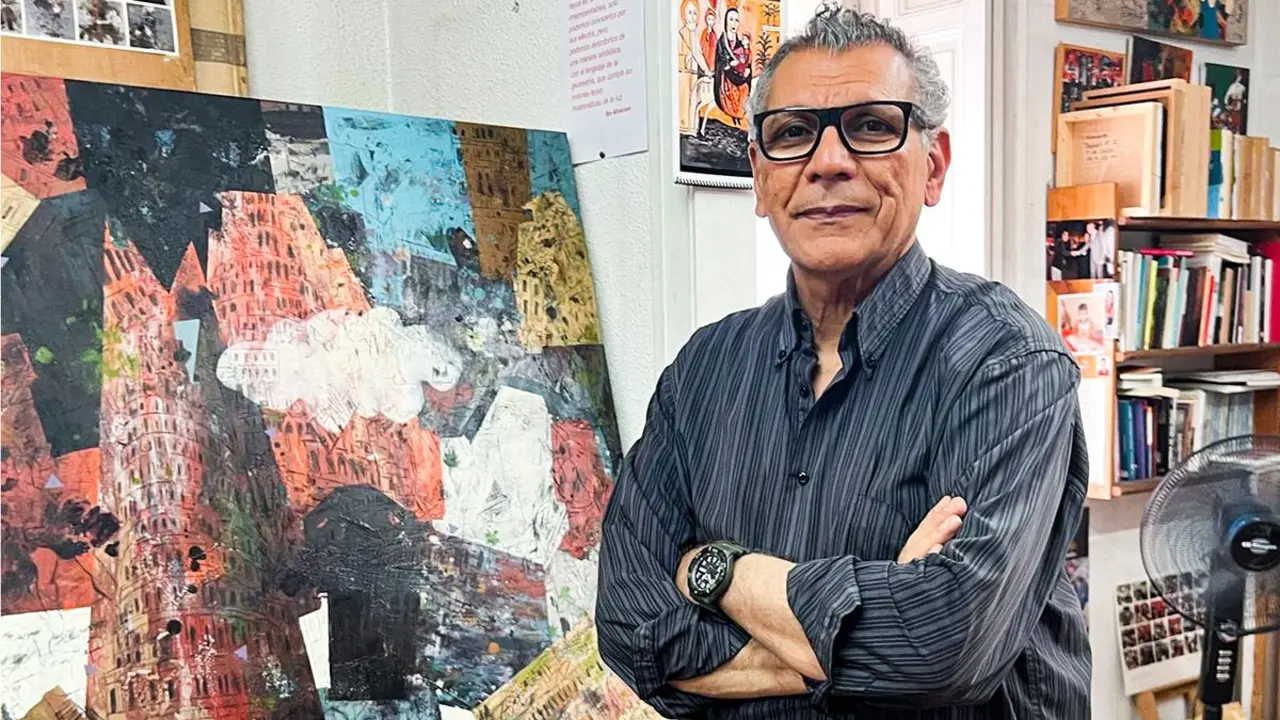The influence of Arabic literature, a debate in Granada

Arabic literature has a long tradition in Spain, but it does not occupy the place it deserves. The seminar 'Arab and universal literature: what is the Arab literary canon' has brought together leading experts in Granada with the aim of broadening the spaces for debate and 'taking Arab literature out of the narrow margins where it is and putting it in a privileged place', as Inmaculada Ramos Tapia, executive secretary of the Euro-Arab Foundation for Higher Studies, pointed out during the inauguration of the event.
Ramos Tapia praised this event, which is the first collaboration between the Foundation and the Sheikh Zayed Book Award (SZBA) organised by the Abu Dhabi Arabic Language Centre, one of the most important awards dedicated to Arab literature and culture. A successful collaboration, he stressed, which has common objectives with all expressions of human talent and seeks to promote intercontinental dialogue.
Ali bin Tamim, Secretary General of SZBA and President of the Arabic Language Centre, did not wish to miss this first meeting, and expressed his satisfaction at the start of this collaboration, the hospitality received and the work carried out by both the Foundation and the University of Granada. Bin Tamim highlighted the efforts made by these institutions to transfer Arabic literature through their research and analysis, and within the framework of greater "cooperation, tolerance and coexistence at the service of our cultures". "When we talk about Spain, we are talking about one of the most outstanding and important cultural broadcasters in Europe," Bin Tamin said.
Finally, he highlighted the high level of this seminar, and expressed special thanks for the presence of Muhsin al-Musawi, professor at Columbia University (New York) and Sheikh Zayed Book Prize winner in 2022.
Margarita Sánchez Romero, Vice-Chancellor of the University of Granada, closed the opening ceremony with the hope that this activity would be the first step on a long road. She added that this seminar responds to the mission of the Foundation to transmit Arab culture and of the university: to research, teach and transfer knowledge. She also recalled the exhibition held at the Royal Hospital, headquarters of the Rectorate, promoted by the EU, on "Translation, language of Europe", which refers to those first texts in Arabic "that have generated who we are today".
Finally, she stressed that this meeting addresses the lines of work to be followed: recognising the past by looking to the future, connecting Arabic and Spanish literature, and looking at the role of women in Arabic literature.

Old and new references
After the opening ceremony, the first of the three round tables began: 'The Arab literary canon between old and new referents'. This interesting subject was discussed by Muhsin al-Musawi, one of the great experts in Arabic literature, who focused his talk on the controversies among the Andalusians over the knowledge acquired as a result of Ibn Abd Rabbih's encyclopaedia; and by the researcher and lecturer at the Hassan II University of Casablanca, Sanae Chairi, who spoke about the new Moroccan literary canon.
Muhsin al-Musawi gave a presentation on plagiarism in Andalusian works, mainly in poetry, a subject that did not attract much interest at the time because, he stressed, they paid more attention "for their present and for the improvement of their literary products", which is why they did not seek errors in others or power as they did in the East, said the professor, who also alluded to names such as Ibn Hazm and Ibn Bassam Assantarini as defenders of the virtues of the people of Al-Andalus against the East. For Muhsin al-Musawi, the Andalusian literati were more concerned with self-improvement than with criticism, "an absence of the accusation of appropriation that swept away the currents of criticism in the Arab East (al-Machriq)".
For her part, Professor Chairi highlighted the polemics that literary canons have always aroused, where politics and culture mix, and which are influenced by critics, teachers and readers. She gave a brief overview of the countries that comprise the Arab world and the confusions, hence, he said, the importance of distinguishing that "not all Muslims are Arabs and not all Arabs are Muslims".
After alluding to the six stages of Arab literature, he focused on Moroccan literature, which she said was full of beauty and influenced by many cultures due to its geographical location, although, despite its cultural richness, Moroccan literature as an artistic manifestation in Arabic was slow to appear, because they did not speak Arabic and because the printing press did not arrive until the dawn of the 20th century. With regard to the Moroccan canon, Chairi stressed its peculiarity and specificity in terms of its authors and themes (colonialism, religion, spirituality, globalisation, women, etc.). To conclude, she advocated the need to study in depth the works of authors such as Hassan Aourid and Ahmed Tooufik.

Arabic and Spanish literature
"Inter-influences of Arab and Spanish literature" was the title of the second round table. Moderated by Antonio Jesús Alias Bergel, lecturer at the University of Granada, the speakers were Gonzalo Fernández Parrilla, a leading specialist in Arabic translation and literature and lecturer at the Universidad Autónoma Madrid, and Desirée López Bernal, lecturer in the Department of Semitic Studies at the University of Granada.
Fernández Parrilla spoke of the centuries-old tradition of Arabic literature and its great authors, although, he said, historiographical reflection on literature is relatively recent. The Arabist and writer gave a brief historical overview of the process of conceptualisation from the Arab renaissance of the 19th century, in which a new paradigm of literary fact called Nahda was produced, with authors such as Jurji Zaydan, to the constitution of the current concept of Arab literature. In his presentation, he referred to numerous scholars of the literary canon, such as Reyes Gómez and Romero Tobar, to discuss how and when the notion of Arabic literature was established.
On the other hand, he defended translation as an essential part of the work of Arabists. A translation that enjoyed great institutional support, for example, through the Granada School of Arab Studies, which was born linked to Morocco and the Protectorate. "Arabic literature, rather than being studied, was translated", said the professor.
Professor López Bernal explained the Arab influence on the configuration and study of Spanish literature, with special emphasis on the phenomenon of the short story in the Spanish Golden Age and on the specialists in the study of this genre.
For this researcher, the Arab imprint on short storytelling and on the Spanish oral tradition of that period is very important, and she reflected on the place that critics have given to the Arab short story within and outside the canon.

Women in Arabic literature
Professor Badia Tahri, from the University of Ibn Zohr in Agadir, and Ana González Navarro, lecturer in Arab Studies at the Autonomous University of Madrid, were responsible for closing the last round table, which dealt with 'Gender in the Arab literary canon'. Elena Arigita, lecturer at the University of Granada, moderated the discussion.
Professor Tahri focused on women's autobiography, being a literature, she pointed out, that renews its discourse and provides elements for a new image of women, a new narrative that contrasts with the male narrative when it deals with the subject of women. Autobiography, she added, is based on sincerity, on itself. "We know that Arab women have not freed themselves from social, political, social fears... but this does not prevent women from integrating themselves into feminist autobiography of protest," she said. As an example, she highlighted the writer Fatima Mernissi, one of the most important figures in Morocco with worldwide fame. This author differs from the others, according to the expert, in that she chooses humour and irony as tools to criticise in an indirect way. She "overcomes the negative identity of women constructed by men and builds a new identity through debate and dialogue", she said.
González Navarro focused her presentation on female genealogies in the Arab literary canon. She explained that in the 1960s-70s, the first essays appeared that were interested in the writings of Arab women; and in the 1990s, a new feminist literary criticism interested in recovering Arab literature written by women and developing theoretical frameworks for the study and reading of Arab women writers. In the 21st century, it is reinforced not only by the work of universities, but also by women's activism.
The professor also said that, according to critics, classical female production was abundant, but when Arab literature was compiled, historians of the time considered it to be of no interest, and only those that used genres considered more appropriate for women, such as elegy, were included in history.
She concluded by stating that feminist literary criticism takes up the milestones of the traditional literary canon, but dismantles the idea that the canon is an immovable list and calls for recognition of the role of the authors, but above all women authors, who participated in the process.


